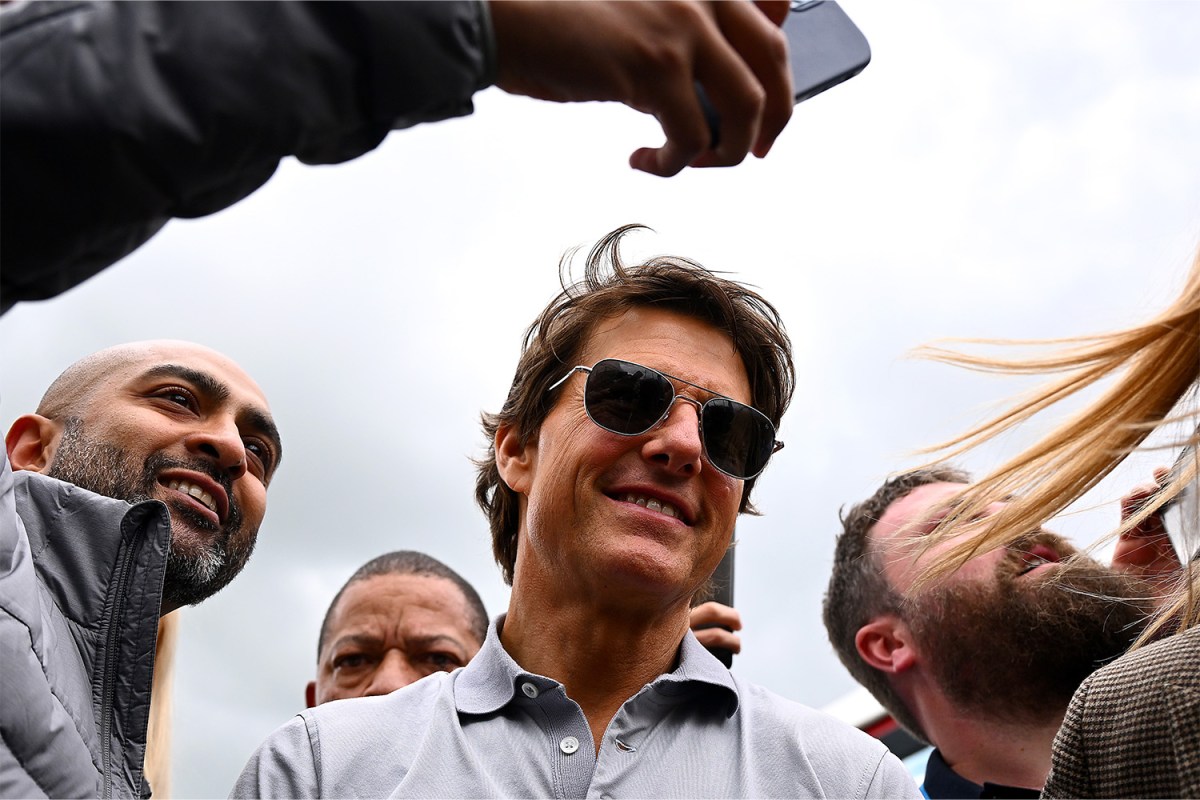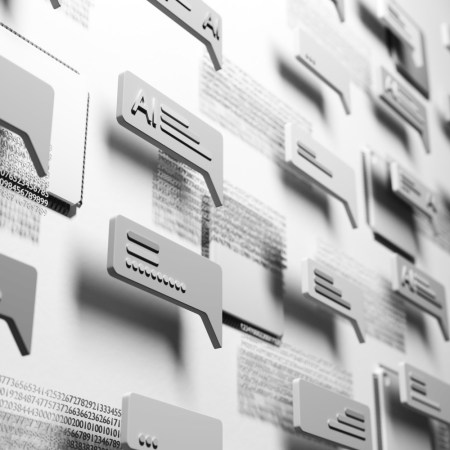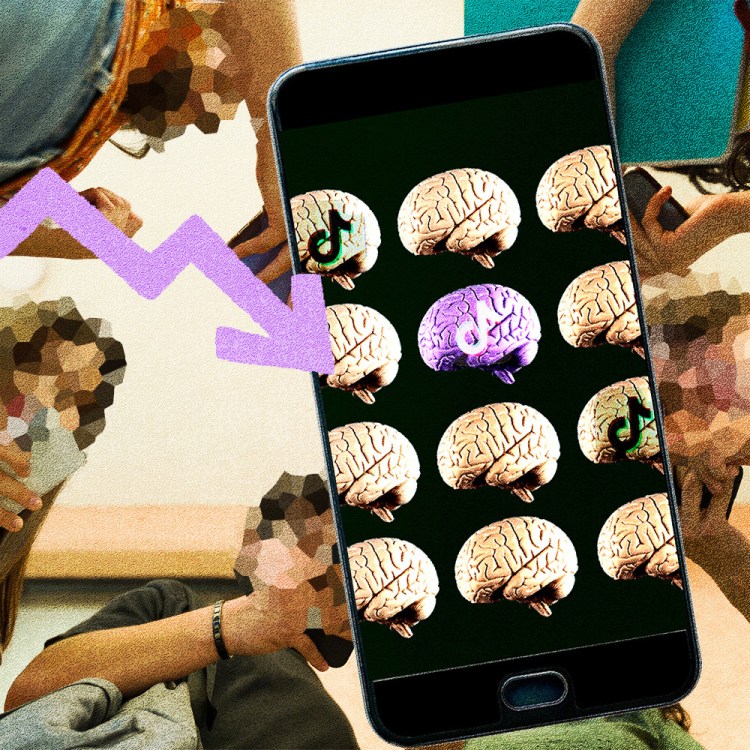You’ve probably heard of deepfakes. In fact, you’ve probably seen one. Now, you can see one compete on America’s Got Talent.
Deepfakes are created using “artificial intelligence called deep learning to make images of fake events,” which can be anything from one politician calling another a “dipshit,” to celeb pornos to Tom Cruise getting ready for a premiere with Paris Hilton.
The last example comes from a popular TikTok account called @deeptomcruise, which became a viral meme last year — and the creator Chris Ume is attempting to take the technology to the mainstream. That is why he and his business partner Tom Graham at their company Metaphysic have brought the technology to America’s Got Talent.
Ume said that the opportunity to compete is a “good chance to raise awareness and show off what we can do.” In one performance on the show, they created a video of judges Simon Cowell and Howie Mandel, as well as host Terry Crews, singing an opera. Graham said that with deepfake technology becoming more accessible, he “would like to see a world where communication online is a more humane experience owned and controlled by humans.”
But it’s not all warm and fuzzy feelings about the idea of more people having access to deepfake technology. While using it to control your own image is innocent enough, deepfakes have mainly been used to spread misinformation and manipulate the images of other people. In 2019 one AI firm found that out of 15,000 deepfake videos they found. “96% were pornographic and 99% of those mapped faces from female celebrities on to porn stars.”
In the age of disinformation online, the idea that more people could see things that look almost real is troubling. Hany Farid, a professor at the University of California at Berkeley and an expert on deepfakes, said that with the rise of deepfakes, a “liars dividend “ could be reached online where no one believes anything they see, which lessens the impact of videos of real people in real life. “Video has been the last frontier of verification online,” he said, “and now it could be gone, too.”
Thanks for reading InsideHook. Sign up for our daily newsletter and be in the know.



















